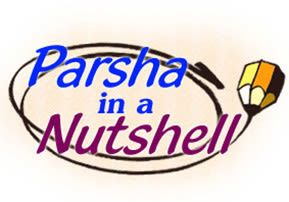
Parshat Re’eh
"See," says Moshe (Moses) to the people of Israel, "I place before you today a blessing and a curse" -- the blessing that will come when...

Parshat Re'eh
(Devarim 11:26-16:17)
"See," says Moshe (Moses) to the people of Israel, "I place before you today a blessing and a curse" — the blessing that will come when they fulfill God's commandments, and the curse if they abandon them. These should be proclaimed on Mount Gerizim and Mount Eival when the people cross over into the Holy Land.
A Temple should be established in "the place that God will choose to make dwell His name there" where the people should bring their sacrifices to Him; it is forbidden to make offerings to God in any other place. It is permitted to slaughter animals elsewhere not as a sacrifice but to eat their meat; the blood, however (which in the Temple is poured upon the Altar) may not be eaten.
A false prophet, or one who entices others to worship idols, should be put to death; an idolatrous city must be destroyed. The identifying signs for kosher animals and fishes, and the list of non-kosher birds (first given in Vayikra 11) are repeated.
A tenth of all produce is to be eaten in Jerusalem, or else exchanged for money with which food is purchased and eaten there. On certain years this tithe is given to the poor instead. Firstborn cattle and sheep are to be offered in the Temple and their meat eaten by the Kohen (priest).
The mitzvah of charity obligates a Jew to aid a needy fellow with a gift or loan. On the Sabbatical year (occurring every seventh year) all loans are to be forgiven and all indentured servants are to be set free.
Our Parshah concludes with the laws of the three pilgrimage festivals — Passover, Shavuot and Sukkot — when all should go to "see and be seen" before God in the Holy Temple.
(Used with permission from chabad.org)


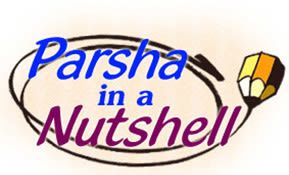
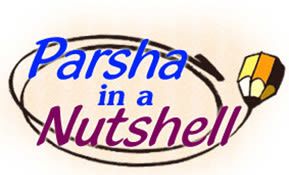
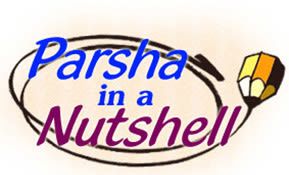
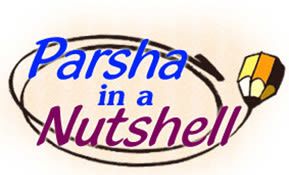
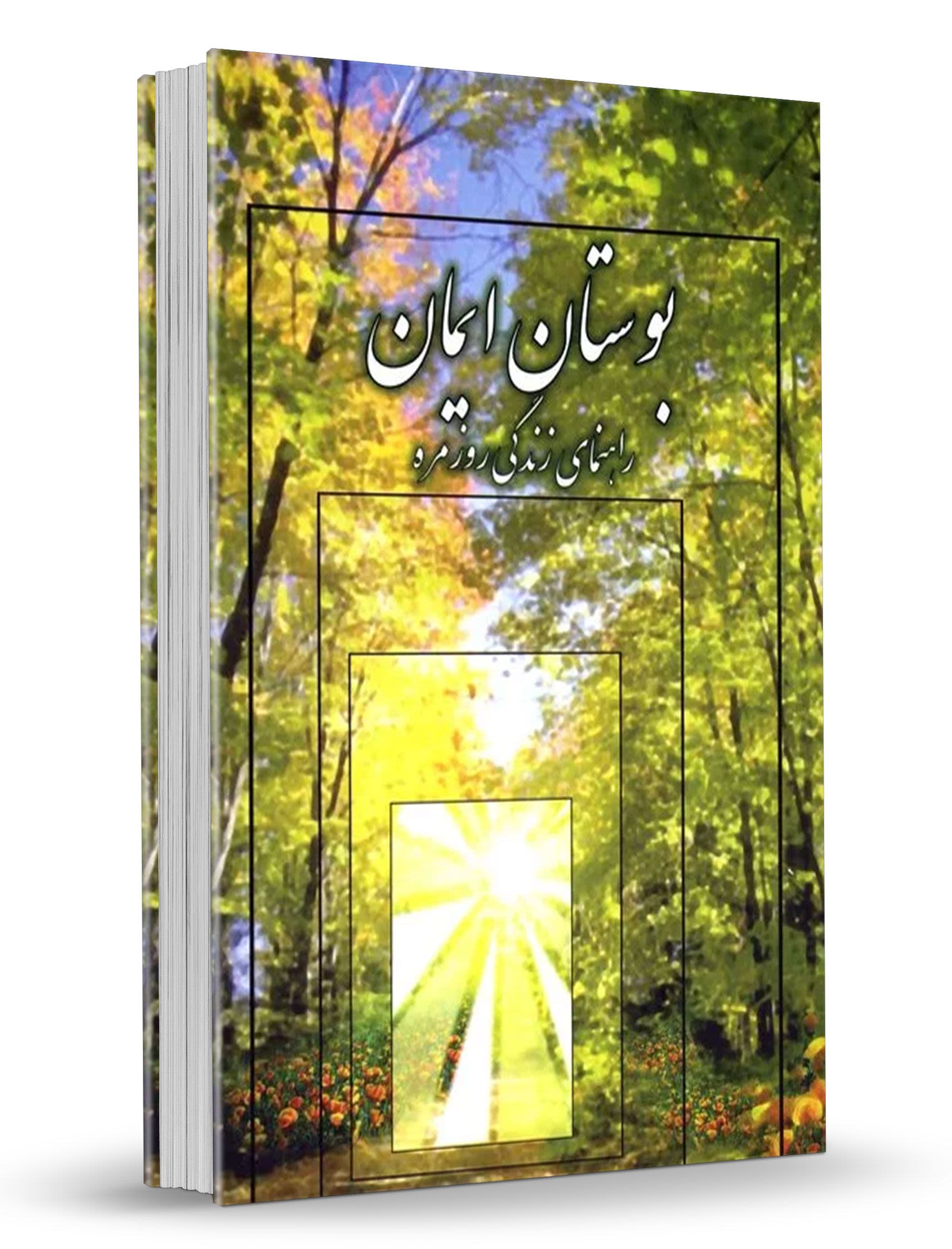
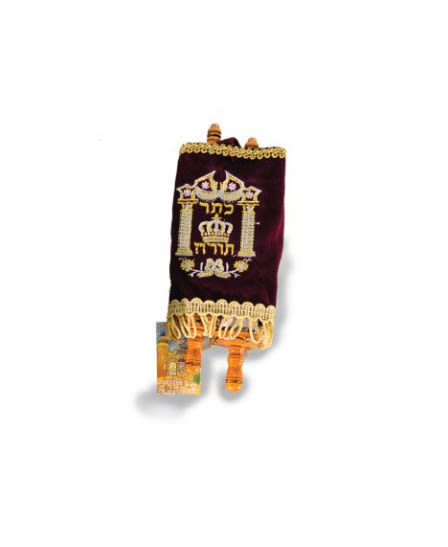

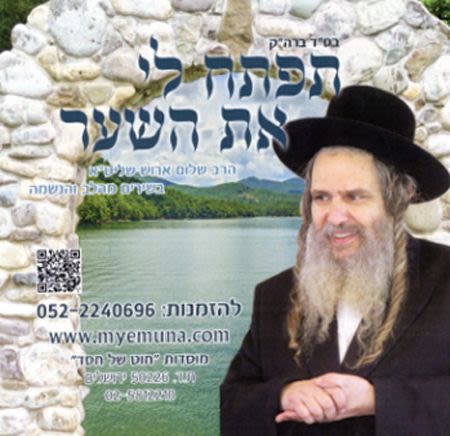


Tell us what you think!
Thank you for your comment!
It will be published after approval by the Editor.